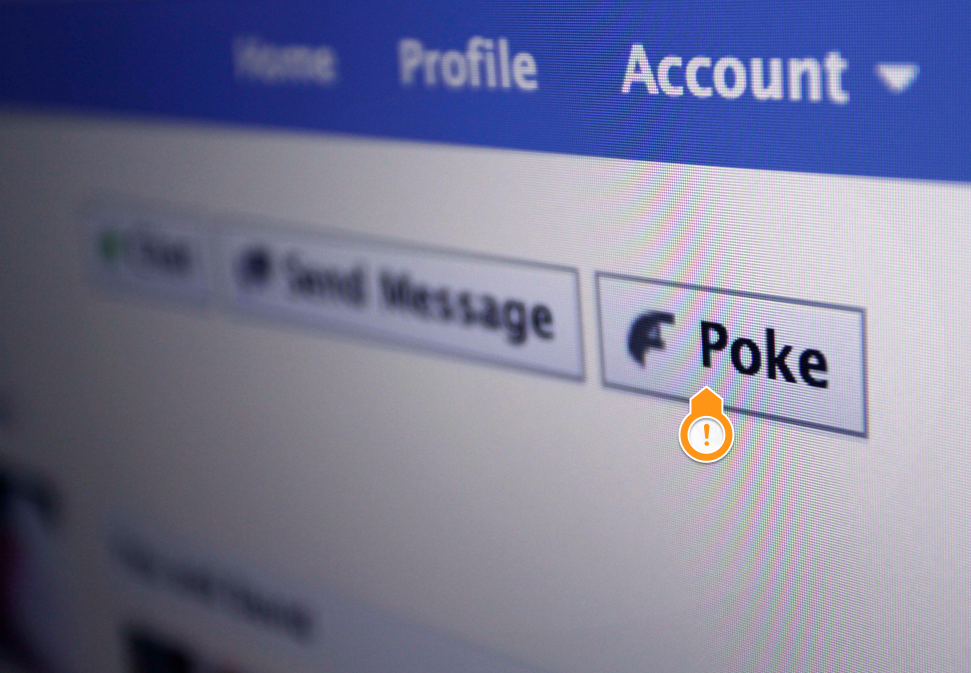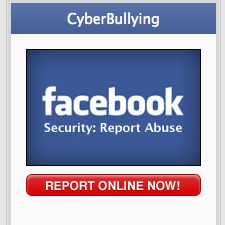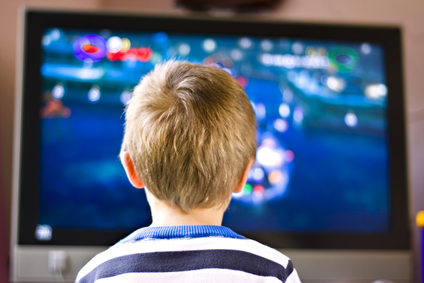A whopping 82 percent of teens aged 16 or 17 have a cell phone. While these devices are great for facilitating communication between parents and teenagers, they also pose many risks. Talk to your teens about these common smart phone dangers and make a plan to avoid them.
A Distraction While Driving
Texting and driving is so dangerous that it's illegal in most states. You're 23 times more likely to crash when you're texting. Teens who text and drive spend an alarming 10 percent of their driving time outside their lane. Dialing, talking on the phone, and reaching for the device increase your chances of getting into an accident as well. Twenty-three percent of automobile collisions in 2011 involved a cell phone. The same year, accidents where there was a distracted




















